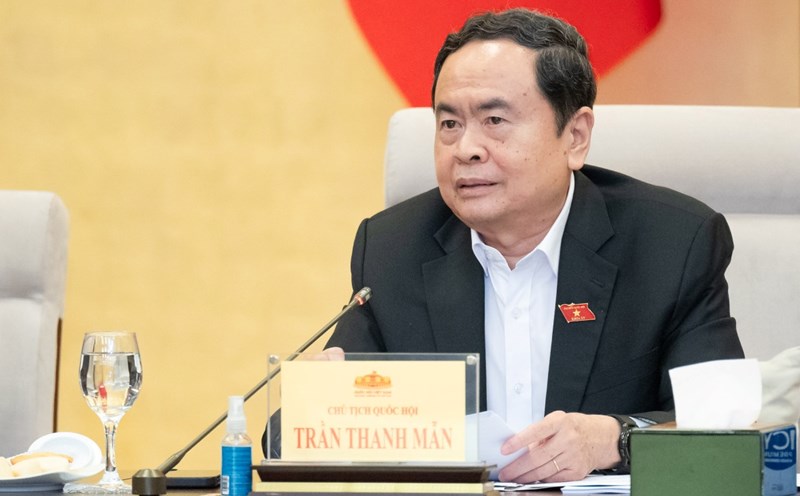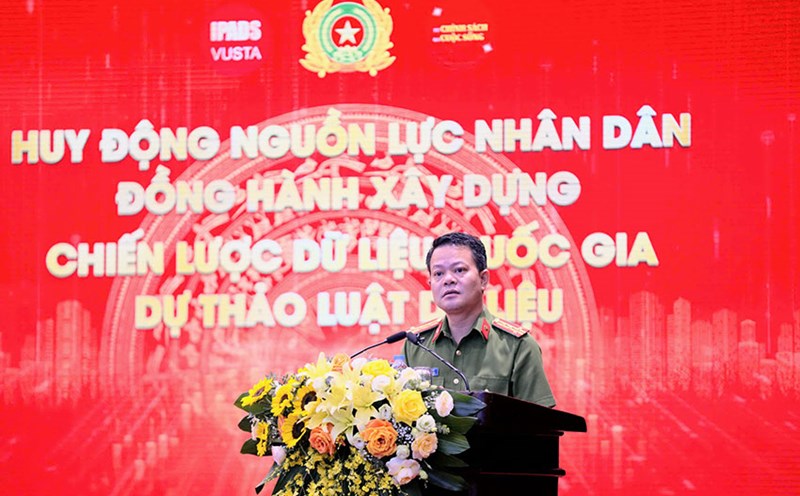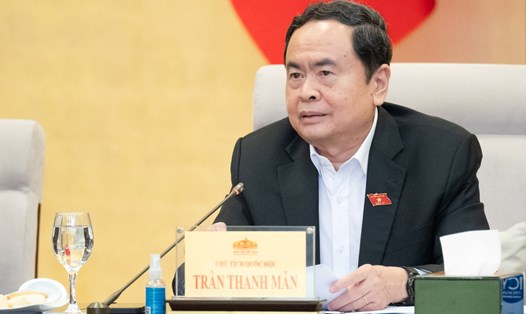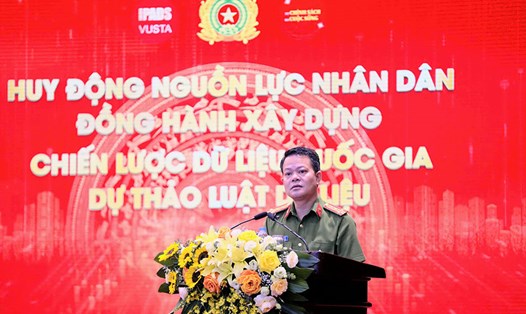Discussing the draft Data Law on November 8, National Assembly delegate Trinh Lam Sinh (An Giang delegation) commented on prohibited acts. According to the delegate, we all know that data is very important, so criminals find every way to commit acts that endanger individuals, organizations, and even the country.
Therefore, delegate Trinh Lam Sinh suggested that the drafting agency carefully review, research and supplement, especially behaviors that may arise in the future.
Because nowadays, crime is also evolving to adapt to achieve its goals, most clearly in recent times, fraud crimes have developed very diversely and sophisticatedly.
The delegate cited that he himself had been repeatedly called to scam people, had his personal information, phone number, job, position revealed, and had been threatened many times.
"Even when I pay my electricity and water bills through the app for my parents, they know and call to threaten me. That is a problem where the data may have leaked out," said the delegate.
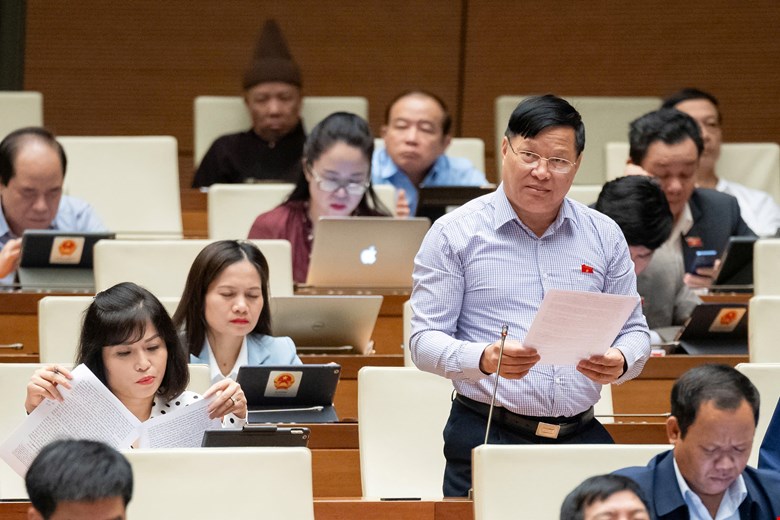
Delegate Tran Van Tien (Vinh Phuc delegation) said that regarding data disclosure, the bill stipulates that data that is conditionally disclosed includes data related to private life secrets, and personal life secrets are disclosed in cases where the person agrees.
Data relating to family secrets are disclosed in the event of consent from family members.
Delegates proposed clarifying what is considered a private life secret, and at the same time considering regulations on private life secrets.
According to Mr. Tran Van Tien, current laws only regulate private life, personal secrets, and family secrets.
The Constitution stipulates that everyone has the right to inviolability of private life, personal secrets, family secrets, and the right to protect their honor and reputation. Information about private life, personal secrets, and family secrets is guaranteed by law.
The Penal Code also stipulates that private life, personal secrets, and family secrets are inviolable and protected by law. Therefore, the collection, storage, and public use of information related to private life and personal secrets must have the consent of that person.
Therefore, delegates suggested that this issue should be reviewed to ensure consistency with the Constitution and current regulations.
Also discussing this provision in the draft Law, delegate Huynh Thi Phuc (Ba Ria - Vung Tau delegation) said that the above provision is necessary, helping to ensure that data is widely used, effectively applied and used for socio-economic development activities.
The delegates hope that the Drafting Committee and the reviewing agency will clarify the difference between the content of this article and the integration of personal information with information belonging to organizations and individuals that must be kept confidential.
To ensure the legitimate rights and interests of document owners and data subjects, delegate Huynh Thi Phuc proposed clearly defining open data subjects that need to be made public so that organizations, agencies and individuals can conveniently access, exploit and use them.
To ensure compatibility and limit access rights, delegate Huynh Thi Phuc said that it is necessary to clearly define the content that limits access rights and the subjects that must implement the levels of access corresponding to the content.

